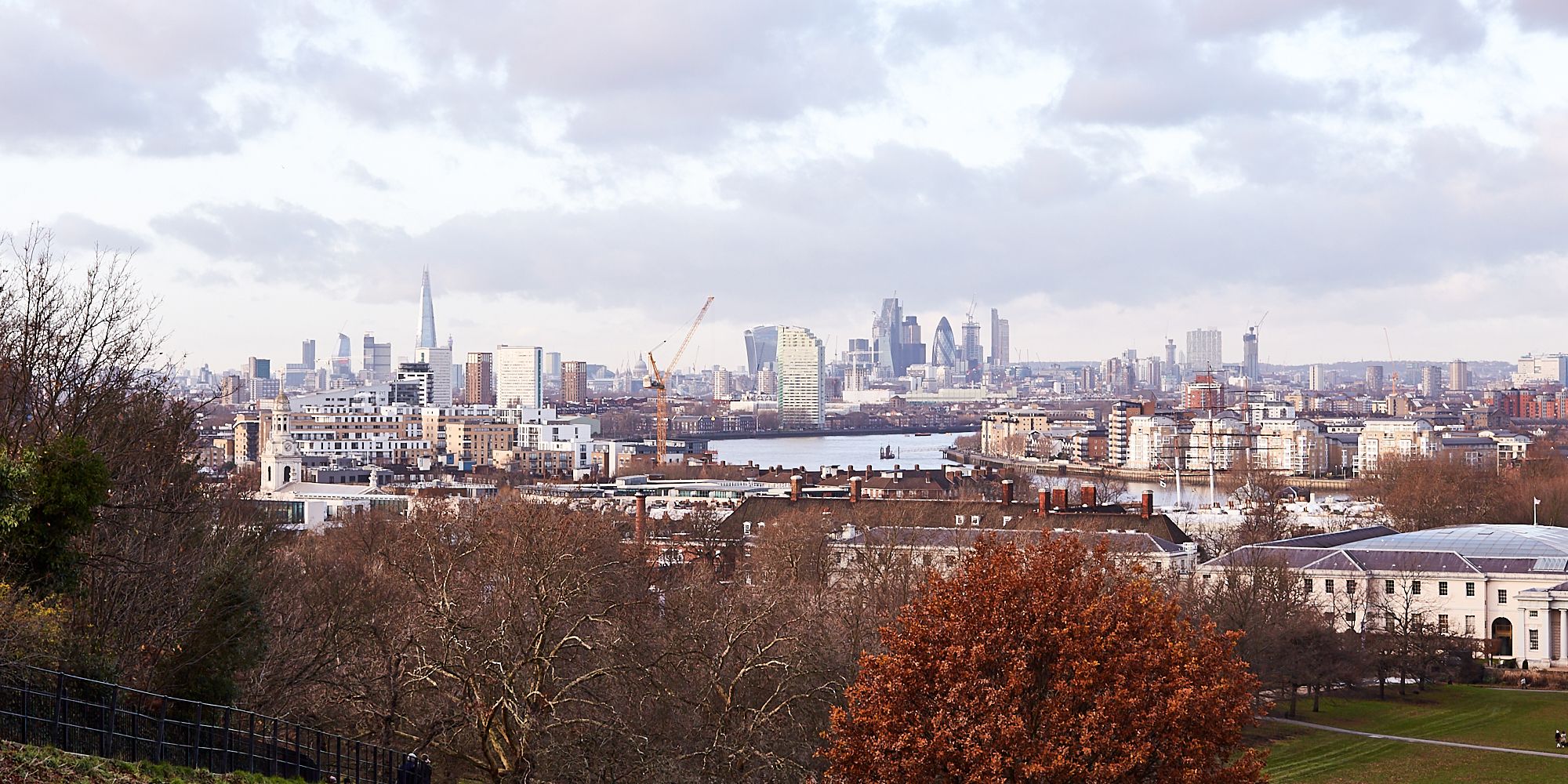
The coronavirus outbreak presents a huge public health risk to us all, but this is particularly true for people who are homeless or in danger of becoming homeless. Rough sleepers are already three times more likely to experience a chronic health condition - including respiratory conditions - and face additional challenges in following health guidance around self-isolating and following sanitation guidance.
For those who are at risk of becoming homeless, the pandemic has created more uncertainty. There are concerns that the economic effect of the Covid-19 pandemic might impact some of the most vulnerable as job losses, or a reduction in pay and working hours could become a reality for many. At the same time, frontline health services that are supporting people at risk of becoming homeless are stretched.
With Covid-19 representing a very real threat for some of our most vulnerable, LCF spoke to Whitefield Charity Soup Kitchen to understand how its funding is helping to address this issue.
Whitefield Charity Soup Kitchen operates six days a week from the American International Church in Fitzrovia. Much of the food that they use to feed people who are homeless would usually come from the surplus of local take-aways. The Covid-19 pandemic and subsequent closure of food businesses, coupled with the fact that the number of people coming for a meal during the pandemic was rising sharply, forced the charity to think differently.
The organisation applied through the London Community Response portal for funding to help cover the cost of food and takeaway supplies including disposable containers in order to continue the soup kitchen and ensure people could still get a warm meal.
In his own words, Alexander Brown, the Director of the soup kitchen and its parent charity The Whitefield Charity SK Corporation, tells us what the funding has enabled them to achieve:
When COVID-19 initially hit us, people were more desperate than we had ever seen them. With all of the closures, our numbers increased dramatically and so many of them were new faces. We saw the extremely young and many people that were pension age. We saw people come in who obviously hadn't been sleeping rough very long and some who looked like they were right on the cusp of homelessness. At our peak, we served over 160 people per day, which is nearly double our normal average.
Typically, as you may know, a worst-case scenario for rough sleepers is that they have to get a free sandwich at the end of the day or go through bins at restaurants for food that's discarded. That wasn't even an option with the pandemic as everywhere had closed.
We lost an extraordinary amount of funding and donations.Typically, all of our volunteers throughout the week are from companies and corporations that support us. Those companies donate to us based on the number of hours that their employees are here. No volunteers mean no donations, so we were in a very precarious situation.
The grant from The London Community Foundation has allowed us to feed and help countless numbers of additional homeless people each day over the last two months and we would have truly struggled to do it without you. On behalf of the hundreds of rough sleepers we help each week and our entire organisation, a very sincere thank you.
